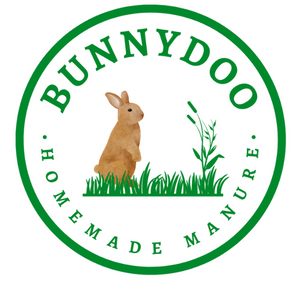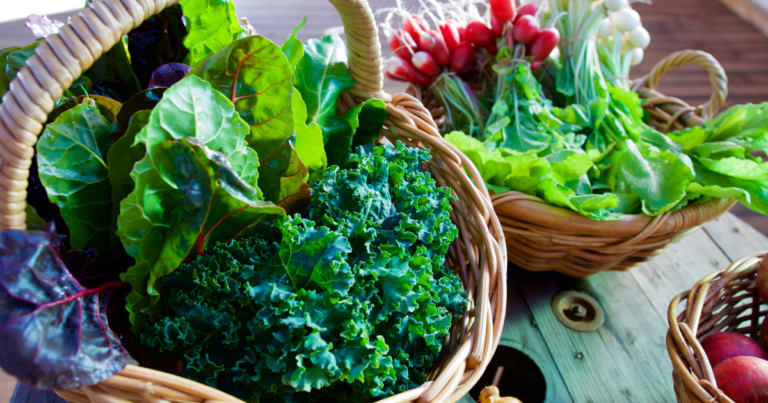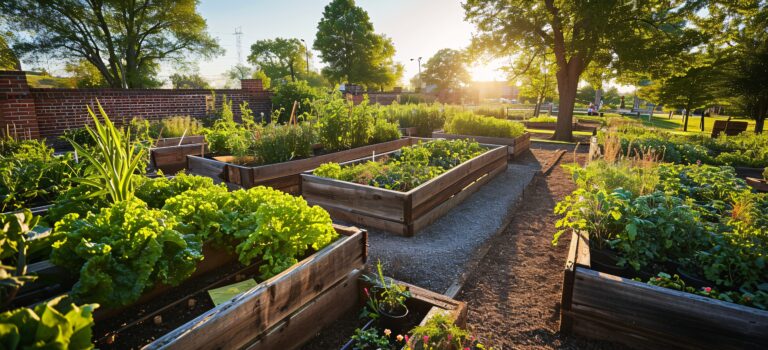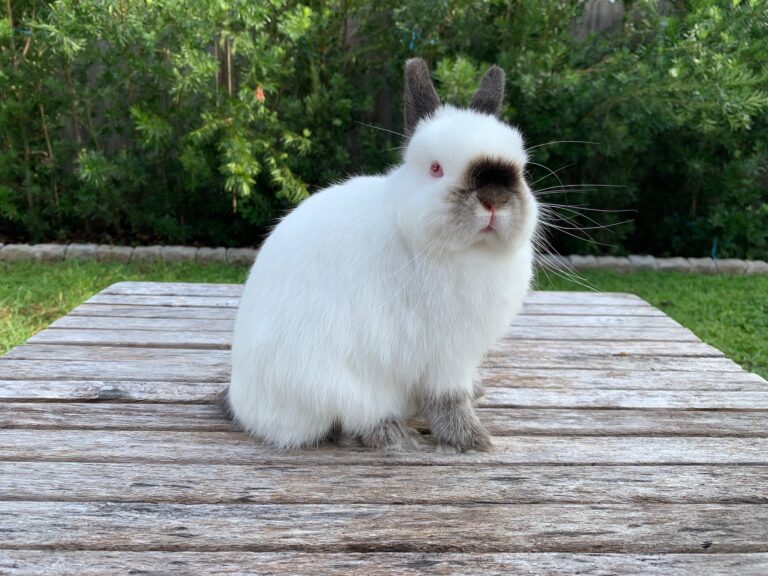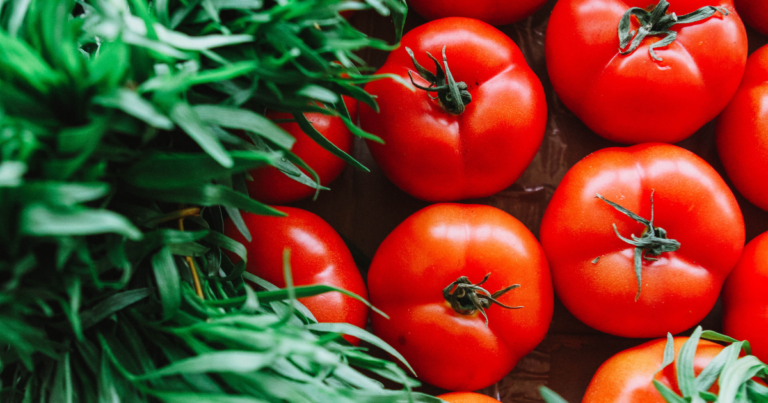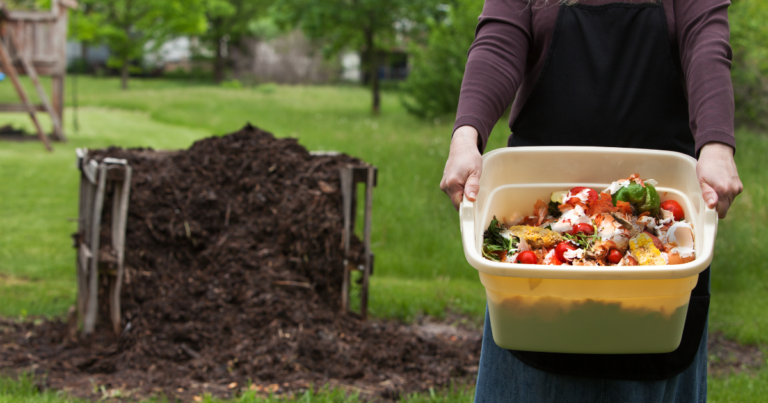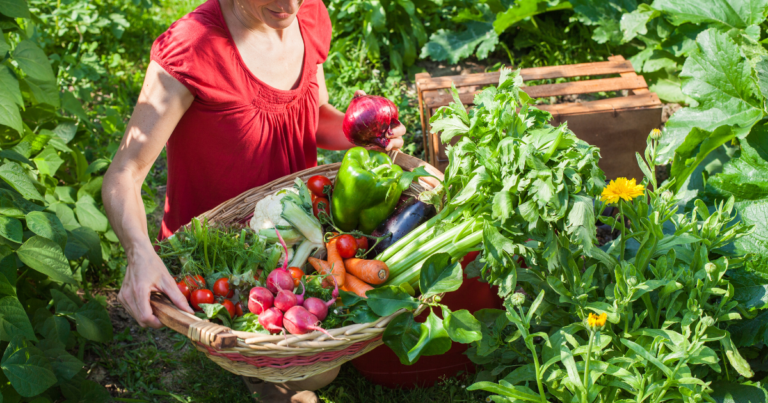The Hidden Gem of Organic Gardening: Why Rabbit Manure Outshines Chemical Fertilizers
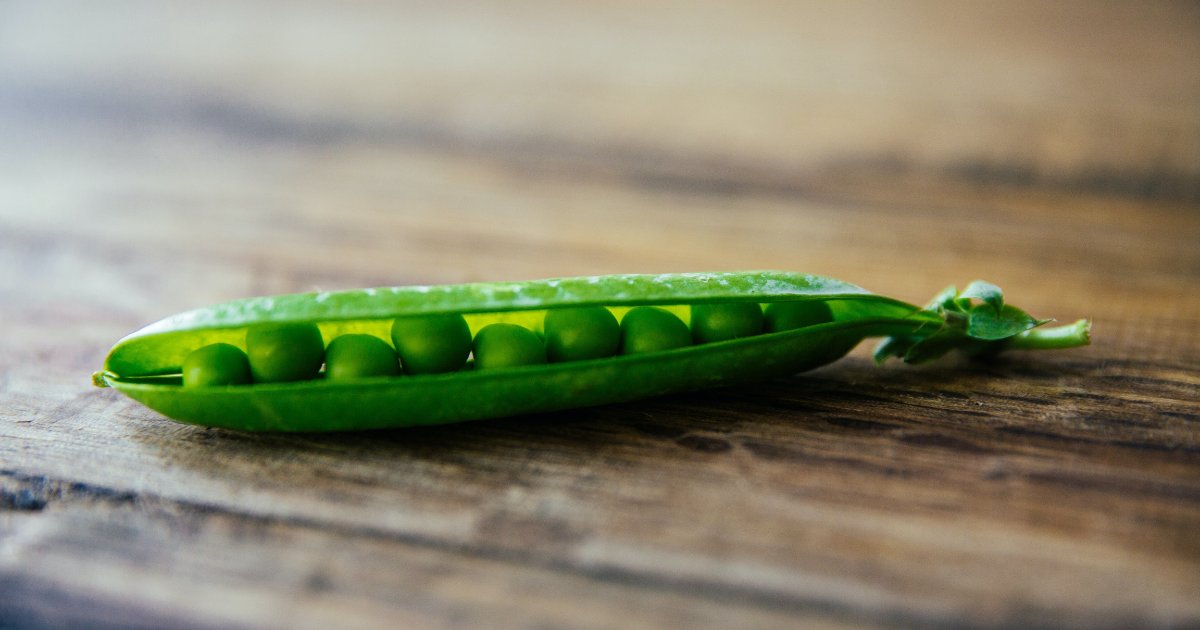
Introduction
The art of organic gardening is a delicate dance with nature, a practice where every element matters and the impact on the environment is always in the gardener’s mind. In this intricate dance, one of the most pivotal steps is the choice of fertilizer. While chemical fertilizers have been the norm for decades, a shift toward more sustainable practices has unearthed some exceptional organic alternatives. Among these, rabbit manure stands out not only for its efficacy but also for its harmonious relationship with nature. This guide is dedicated to unveiling the myriad benefits of rabbit manure and illustrating why it should take center stage in your organic gardening practices.
Why Rabbit Manure is the Superior Choice
The superiority of rabbit manure over chemical fertilizers is multifaceted. Firstly, it’s incredibly user-friendly. The dry, pellet-like nature of rabbit droppings means they’re easy to handle, and their lack of odor makes them pleasant to work with — a stark contrast to many other animal manures and the pungent smell of synthetic fertilizers. Moreover, rabbit manure is uniquely beneficial to plants. As a “cold” manure, it releases nutrients at a rate that plants can easily absorb without the risk of nitrogen burn, a common problem associated with “hot” manures and high-nitrogen chemical fertilizers.
Nutrient-Rich Composition
Rabbit manure’s nutritional profile is remarkably comprehensive. It’s abundant in nitrogen, phosphorus, and potassium, which are essential for plant growth. Nitrogen aids in leaf and stem growth, phosphorus supports root development and flower/fruit production, and potassium is vital for overall plant health. Beyond these macronutrients, rabbit manure supplies an array of micronutrients and trace elements that play crucial roles in various plant functions, from strengthening cell walls with calcium to aiding enzyme processes with magnesium. This extensive range of nutrients is rarely found in such balance in chemical fertilizers, which often neglect these critical micronutrients.
A Soil Structure Miracle Worker
The benefits of rabbit manure extend beyond direct plant nourishment, profoundly affecting soil health. Its rich organic matter content enhances soil texture and structure, promoting better aeration and water retention. This improved soil environment fosters a thriving microbial ecosystem, essential for nutrient cycling and natural soil fertility. With repeated applications, even the most depleted soils can be rejuvenated, transforming barren plots into fertile gardens teeming with life. This capacity to improve soil health makes rabbit manure a powerful ally in organic gardening, where soil is considered the foundation of plant health.
Environmental and Ecological Benefits
Rabbit manure is not just good for plants; it’s good for the planet. In contrast to the energy-intensive production and environmentally harmful effects of chemical fertilizers, rabbit manure offers a sustainable and eco-friendly alternative. Its use reduces waste, as it repurposes a natural by-product of rabbit breeding. Moreover, it minimizes the risk of waterway pollution, a common issue with synthetic fertilizers that can leach into water systems, causing eutrophication and harming aquatic life. By choosing rabbit manure, gardeners contribute to a cycle of sustainability that nurtures the environment and aligns with the ethos of organic gardening.
Practical Application Tips and Techniques
Incorporating rabbit manure into your garden is straightforward and adaptable to various gardening styles. It can be applied directly to the soil as a top dressing, where it will slowly break down and release nutrients. Alternatively, it can be worked into the soil around plants, providing a direct nutrient boost. For those who prefer liquid fertilizers, rabbit manure can be brewed into a nutrient-rich “manure tea,” ideal for giving plants a quick nutrient infusion. The versatility of rabbit manure means it can be tailored to suit the specific needs of your garden and plants, making it an indispensable tool in the organic gardener’s arsenal.
Extended Applications and Creative Uses
Beyond traditional applications, rabbit manure can be creatively utilized in various gardening practices. Its nutrient-rich composition makes it an excellent addition to potting mixes, providing container plants with a balanced diet of essential nutrients. Rabbit manure can also be used as a mulch, offering a protective layer that conserves soil moisture, regulates temperature, and suppresses weed growth, all while slowly releasing nutrients into the soil. Its small, uniform pellets make it ideal for use in raised beds and intensive planting systems, where space is at a premium, and nutrient density is key.
Case Studies and Testimonials
The effectiveness of rabbit manure in organic gardening is not just theoretical; it’s proven by numerous case studies and testimonials from gardeners worldwide. From small-scale vegetable gardens to large organic farms, rabbit manure has demonstrated its ability to boost plant growth, increase yields, and improve soil health. Gardeners often report healthier plants, more vibrant blooms, and increased resilience to pests and diseases after incorporating rabbit manure into their practices. These real-world endorsements serve as powerful testimony to the benefits of this natural fertilizer.
Comparative Analysis with Other Organic Fertilizers
While rabbit manure is exceptional, it’s important to understand how it stacks up against other organic fertilizers. Compared to cow or horse manure, rabbit manure is richer in nitrogen, making it a more potent source of this crucial nutrient. Unlike poultry manure, which is also high in nitrogen but can be too “hot” and risk burning plants if not properly composted, rabbit manure is safe to use immediately without composting. When pitted against plant-based fertilizers like compost or green manure, rabbit manure offers a more concentrated nutrient profile, meaning less is needed to achieve similar results.
Long-term Benefits and Sustainability
The advantages of rabbit manure go beyond immediate plant growth; they contribute to the long-term health and sustainability of gardens. By improving soil structure and fostering microbial life, rabbit manure creates a robust ecosystem that supports plants year after year. Its use reduces dependence on synthetic fertilizers, which can degrade soil health over time. Moreover, as a by-product of rabbit breeding, it is a renewable resource that can be continuously produced without additional environmental strain, making it an inherently sustainable choice for gardeners concerned with the legacy of their practices.
Conclusion
Rabbit manure is more than just fertilizer; it’s a statement of intent in the organic gardening world. It signifies a commitment to sustainability, ecological balance, and a harmonious relationship with nature. Its comprehensive nutrient profile, soil-enhancing properties, and environmental benefits make it an invaluable asset to any organic garden. Whether you’re a seasoned gardener or a green-thumbed novice, embracing rabbit manure can transform your garden into a thriving ecosystem that celebrates the full potential of organic gardening. Let’s turn this hidden gem into a cornerstone of sustainable horticulture, paving the way for a greener, more vibrant world.
—
Embrace the Power of Rabbit Manure with Bunnydoo:
Ready to unlock the full potential of your organic garden? Look no further than Bunnydoo, your trusted source for 100% natural rabbit manure. Whether you’re a home gardener seeking lusher plants or an organic farm aiming for higher yields, Bunnydoo has got you covered. Our premium rabbit manure is conveniently packaged and available at your fingertips on Amazon and Etsy. Say goodbye to synthetic fertilizers and embrace a greener future with Bunnydoo. Visit us online at bunnydoo.com to transform your garden today!
Shop Now on Amazon and Etsy | Visit Bunnydoo.com | Join the Organic Revolution!
